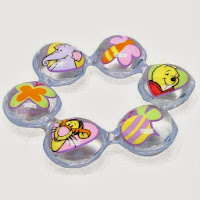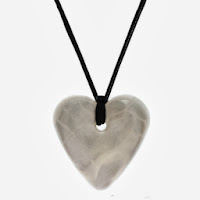If your baby seems to be crying a lot for no reason, he or she may
be teething. As the teeth start to cut through the gums it can be quite painful
for baby so its no surprise that they get grumpy.
Teething generally starts between 4 and 7 months but some babies
start as young as 3 months. Some have even been known to be born with a tooth
or two.
The bottom front teeth are often the first to appear and within
a month or so the front upper teeth will start to appear.
Then the babys lower lateral incisors will appear followed by
the molars (grinding teeth at the back) and finally the canines (sharp pointy
teeth).
Irritability, dribbling and a tendency to chew anything they can
get hold of (including you) are all signs of teething. It may affect their
sleep and appetite.
Wipe your babies mouth regularly if they are dribbling otherwise
it could lead to rash around the mouth.
Teething rings can help relieve some of the discomfort and help
the teeth break through the gums.
There are all sorts of teething rings available including rings that can be kept in the fridge so that they are cold and soothing on the babies
gums.
There are also a wide range of teething necklaces and bracelets available
which mum can wear around her neck or wrist. This means babys' teether is always
available and doesn’t get lost. It is also handy if baby has started biting.
Encourage her to bite on the teething necklace rather than mum.
Beware of cheap teethers. Buy a reputable make like Gummigem. Cheap teethers may seem attractive but you don't know what they are made of and be particularly careful of cheap teethers with objects inside. If they break they can be a choking hazard.
Once the teeth start coming through you will need to start
looking after them. Baby and toddler toothpastes are readily available from shops
like Boots the chemist.
Even before the first teeth appear you can help keep babies gums
and palate clean with products like these Oral Care rabbits.
This also helps
babies get used to the idea of having their teeth cleaned.
Establishing patterns of good oral hygiene as a baby will help
your child have a full set of healthy teeth for the rest of their life.



No comments:
Post a Comment